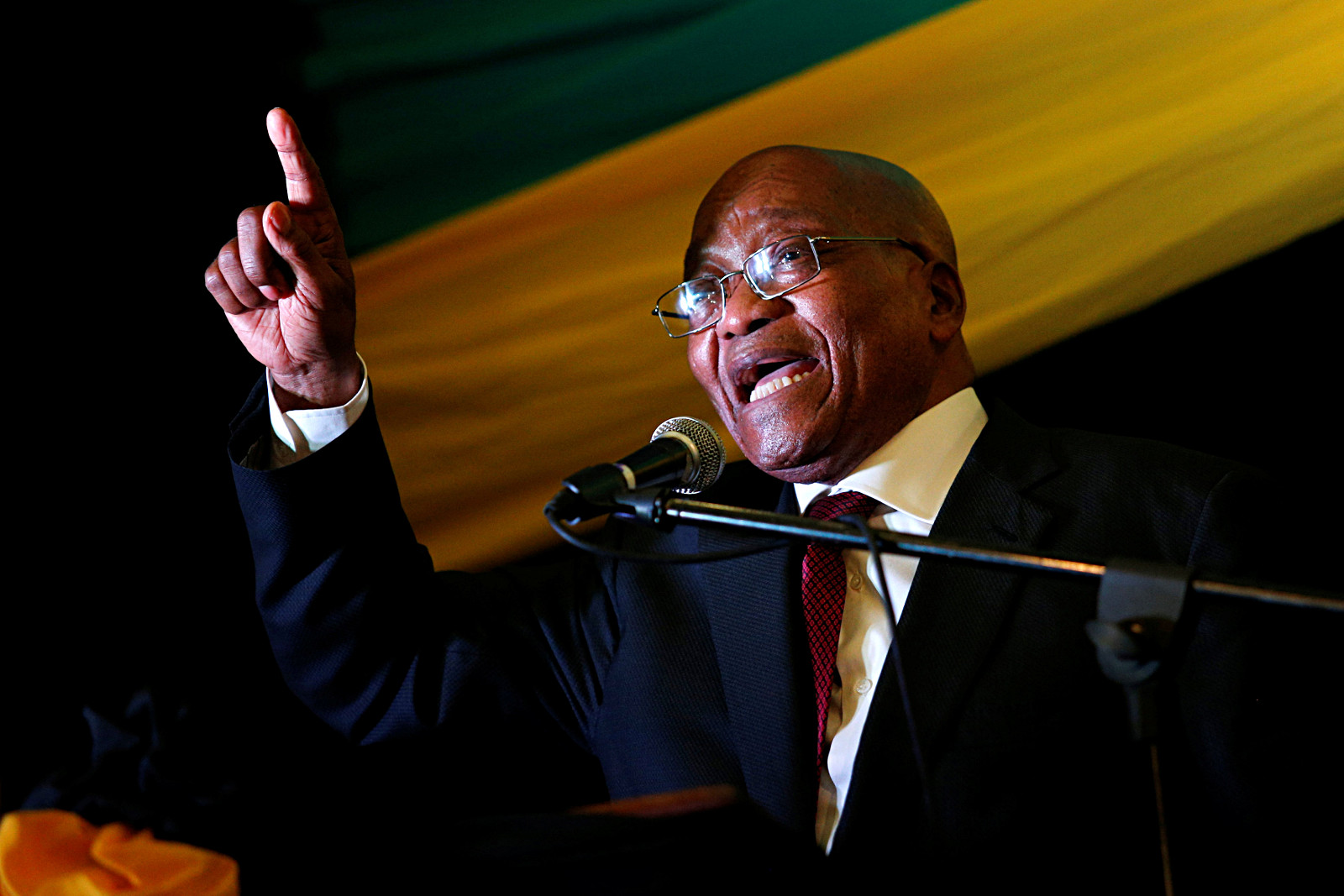
South African President Jacob Zuma has extended the deadline for the Commission of Inquiry into Higher Education and Training to report its findings on the feasibility of offering free higher education in the country.
The commission, led by Judge Jonathan Heher, now has until June 30, 2017 to submit its report.
Earlier this month, it submitted an eight-page interim report, covering an overview of stakeholders involved in the higher education sector, post-school education and training in South Africa, and the funding of higher education and training institutions, as well as their operational costs.
The commission said that it has so far received over 200 written representations and listened to more than 50 oral presentations from government departments, NGO’s, individuals, private educational providers, universities, and colleges.
South Africa: Free higher education – president appeals for patience. https://t.co/g1wEQMT5DD #highered #SouthAfrica #freefees #students
— UniversityWorldNews (@uniworldnews) November 29, 2016
Opposition party Democratic Alliance (DA), criticized the brief report, calling it a “slap in the face” for students, reported Times Live.
DA spokeswoman on education Belinda Bozzoli said the commission’s report “contained no evidence” from experts.
“The report essentially says that there is no money and lots of work needed. This we already know,” she said.
She added that the report lacked any firm commitments and leadership, even as the government claimed that it would provide much needed direction on the ongoing crisis.
“The future of millions of young people hangs in the balance in the absence of viable long-term solutions to the fee crisis, and this report does not provide any answers to the students‚ lecturers, and the many more young people wishing to enter higher education,” she concluded.
Interim Fees Commission report a slap in the face of those who want to access higher education: DA https://t.co/OlcXjaMHgx pic.twitter.com/f4G7RKUNn9
— Times LIVE (@TimesLIVE) November 23, 2016
At the end of September, the announcement that tuition fees at South African universities would be increased in 2017 sparked violent student protests at campuses across the nation, resulting in the closure of over two-thirds of the country’s 26 universities.
“We are appealing that the matter be considered. We should be patient. Wait and see what happens,” Zuma told parliament, as reported by local media.
“There is not one view on the matter that you can just have free education just like that. There are other processes that are taking place, which once the commission has concluded its work, we will have to look at,” he added.
Zuma extends fees commission deadline https://t.co/tONRB2BkxW
— News24 – SouthAfrica (@News24_SA) November 23, 2016
The interim report argued that “there is little to be achieved by making access to higher education more readily available unless systemic and other deficiencies in the basic education system are simultaneously addressed”.
The commission will continue to look into the financial sustainability and institutional autonomy of universities; and assess the roles government, universities, the private sector, and students should play in funding higher education.
Image via Reuters
Liked this? Then you’ll love these…
Tuition fees hike triggers violent protests at South Africa’s universities
South Africa to allow visa extensions due to student protests







